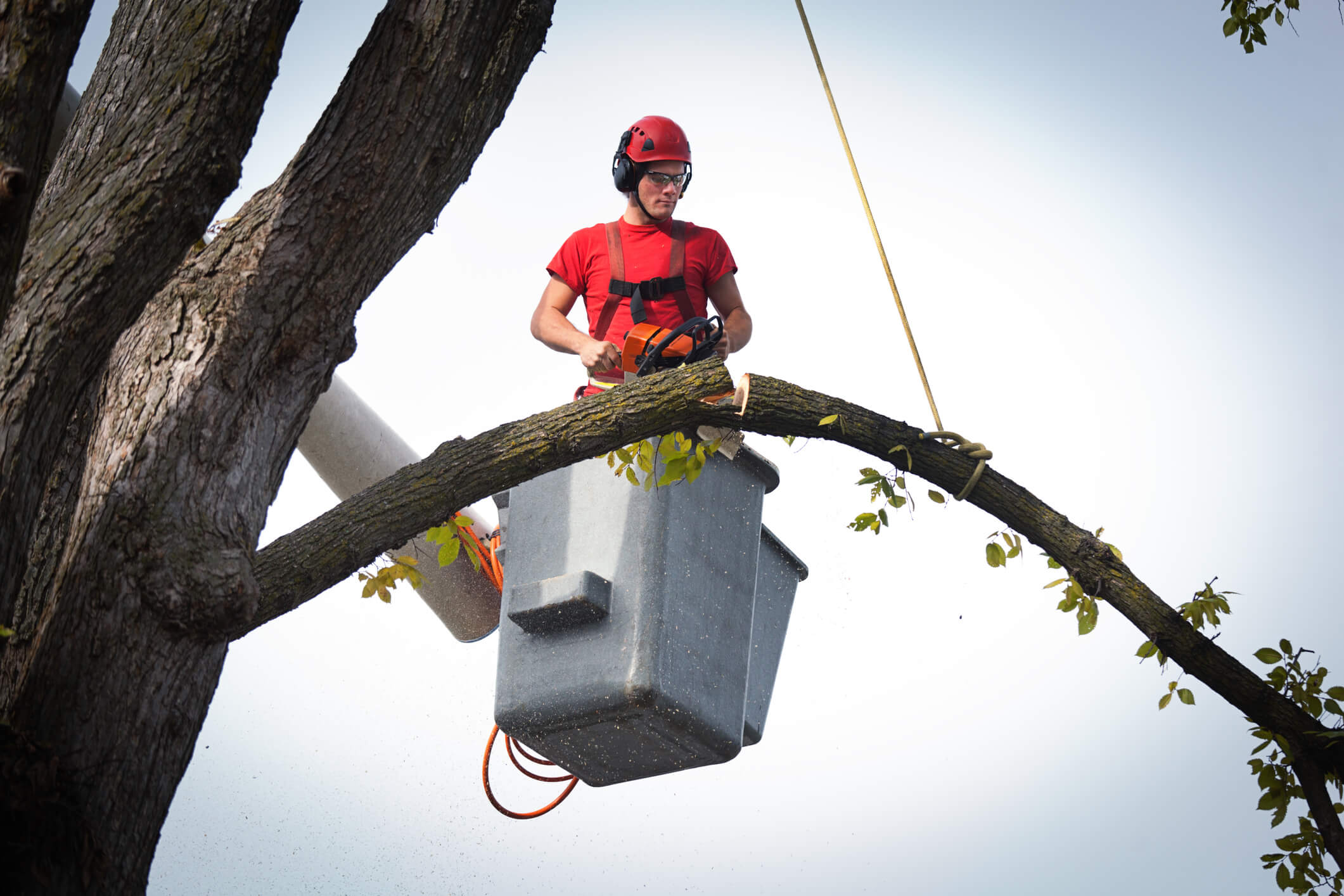
Comprehensive Arborist Resources
From tree risk assessment guides to the latest research on pest control, Colorado Arborist Association’s resources support arborists in making informed decisions. Whether you need guidance on tree selection, pruning, or disease prevention, you’ll find valuable insights here.
Discover eco-friendly practices that promote long-term tree health and environmental stewardship.
Access support and strategies for maintaining mental wellness in the arboriculture profession.
Learn how reclaimed urban wood is being repurposed to reduce waste and support local economies.
Find workshops, certifications, and educational programs to grow your arborist skills.
Support our mission and help us provide valuable resources and training for arborists across Colorado.
Explore in-depth stories and resources focused on overcoming mental health challenges in the field.
Get hands-on training and guidance to elevate your expertise and ensure safety on the job.

Different types of Arborist
There are multiple levels of arborist credentials based on experience, training, and certification:
- Arborist Apprentice (DOL) – Entry-level worker learning tree care skills through on-the-job training and coursework.
- Certified Tree Worker Climber Specialist (ISA) – Specializes in tree climbing, pruning, and removal.
- Tree Risk Assessment Qualified (TRAQ - ISA) – Trained in assessing and mitigating tree risks.
- Certified Arborist (ISA) – Has at least three years of experience or a degree in arboriculture and adheres to professional ethics.
- Journeyman Arborist (DOL) – Experienced arborist with 5,440 hours of training in all areas of tree care.
- Member Arborist (ASCA) – Skilled in advanced tree care techniques, consulting, and expert witness services.
- Board Certified Master Arborist (ISA) – The highest ISA certification, recognizing top industry professionals.
- Registered Consulting Arborist (ASCA) – Specialized in expert analysis, legal consulting, and forensic tree assessments.
Training Classes
- Intro to tree trimming
- Intro to tree planting
- Chainsaw safety
- Arborist apprentice
- Train the trainer
- ANSI test
Non-profit we donate to
- Saluting branches at Fort Logan
- Tree Fund Rooted 303
- Colorado Tree Collation